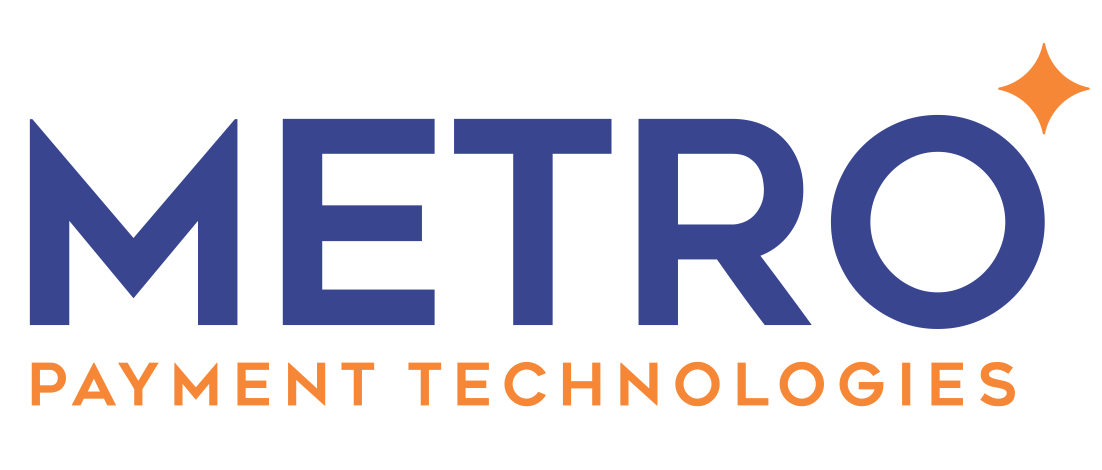
Merchant Account vs Payment Gateway: Why You Need Both for processing
We often hear merchants ask us two questions:
1 – What is the difference between a Merchant Account and a Payment Gateway?
2 – Which one do I need.
Before we give you the answer to these two questions, let’s first define these two merchant services.
What is a merchant account?
A merchant account has two functions: It is holding account that stores the information about each transaction processed, whilst also temporarily holding funds for debit/credit transactions until the payment is verified. Once verified, the funds are passed from the merchant account to your business bank account. This process typically takes place within 24 hours.
What is a payment gateway?
A payment gateway on the other hand is a link that establishes a connection between the customer’s bank account and your merchant account. It facilitates the processes that takes place behind the scenes that ensures a legitimate and successful transaction of the funds from the customer to the merchant.
Get your money train on the right track!
Think of each transaction taking place as a money train. It needs to
- depart from somewhere (the customer bank account)
- to a destination (your business bank account)
- traveling on the right track (the payment gateway to the processor)
- passing through a central station (the merchant account).
There are MANY destination a train can travel to, but it’s at a central station that tickets and cargo are checked and switches are flipped to send it on the right tracks to the intended destination. Unless there is a central station, the train can end up at the wrong destination, or even worse – at the right destination but with the wrong cargo!
Finding the right service provider
Now that you understand the relationship between the two, you need to find the right merchant account and the right payment gateway for your business needs.
There are typically two options when it comes to merchant accounts: a payment service provider (PSP) and independent sales organization (ISO).
A PSP, such as PayPal or Square, is typically quicker and easier to set up and primarily used by small to medium-sized businesses. However, it often comes with much higher transaction fees.
An ISO is mostly used by small/medium-sized to large businesses. It is a bit more complex to set up, but the rates and fees associated with ISO’s are also significantly lower as well as merchants get better customer support.
Why Metro?
The team at Metro will ask you the right questions to make sure that we are indeed the best fit for your business needs. Our rare-to-find personalized customer care greatly reduces the stress of dealing with the potential complexities of creating a merchant account or setting up payment gateways. We help our prospects every step of the way and often welcome them as a customer within 24 – 48 hours.
Customers working with Metro often experience the following benefits:
- transaction fee savings of up to 118% over services like PayPal or Stripe
- merchants who switched to Metro saved an average of 35% in transaction fees
- no lock-down of funds due to chargeback transactions
- a myriad of other essential services like payroll, website/shopping card design and integration.
Why pay more? Experience the Metro difference!
CONTACT METRO TODAY!!!
